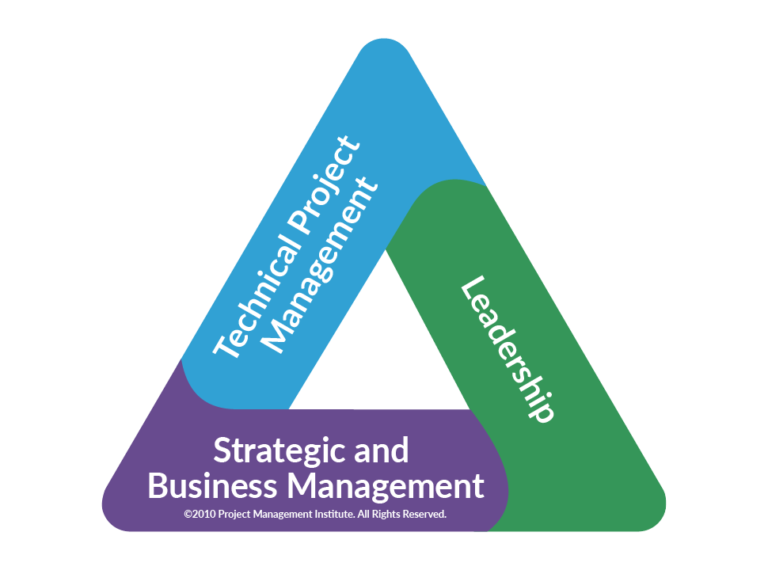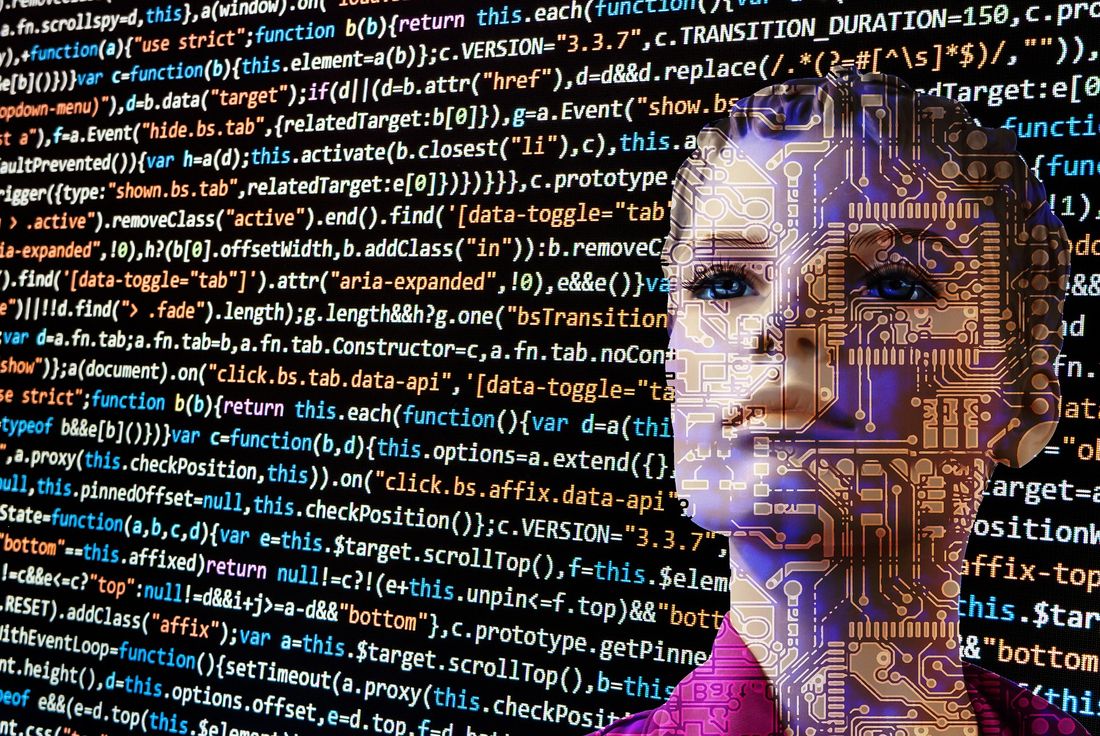For the last couple of years, the use of Artificial Intelligence in several areas of our life has captivated our attention: self-driving cars, face-recognizing drones, and virtual assistants (Siri, Google Assistant, and Alexa) all just the tip of the iceberg in a rapidly-growing industry segment. As end users, we regularly rely on virtual assistants, we read about the technology, and we can’t help having the “WOW”-factor when we see AI’s applications in real life.
We should take a moment to think: how does AI impact our careers? to be honest, when I see a video of a self-driving Tesla, that’s the last thing on my mind. I took some time to think about this issue, to research AI and connected the dots with Project management. This article is about raising awareness about the change that is coming is here, and what we can do to prepare as project managers for our new role (yes, new role) In this article we’ll review:
- What is Artificial Intelligence (AI)?
- What is Project Management AI (PM.AI)?
- A roadmap into the PM.AI vision
- What will be the new role of project managers (PM.Human)
- Impact of AI in other careers, and,
- Conclusion and recommendations
A wake up call
If you’re in the computer science field, you’re probably a close follower of the annual conferences from big companies such as Google, Facebook or Autodesk. This year (2018) Sundar Pichai, Google CEO, showed Google’s progress with Google Duplex. Watch this 85 seconds video.
If you haven’t seen the video before, you’re probably saying WOW! That sounds so natural! (recover and continue reading) Now, back to earth, imagine yourself asking AI-based assistant: “Hey Jarvis/hey Google/Hey PM/Ahoy assistant!” (whichever you prefer)
“How’s the project going?”
“Are we on budget?”
“Any risks I need to take care of?”
“Any delay on our critical path?”
That time is not so far away, but let’s start at the beginning:
What is Artificial Intelligence (AI)?
Artificial Intelligence, according to Wikipedia, is basically intelligence demonstrated by machines, as opposite to ‘natural’ intelligence demonstrated by humans. AI has several branches of study, for this article, I’ll focus on Machine Learning (ML). Machine Learning is the process where machines make decisions, not derived as it would be traditionally, from explicitly programmed logic (“if this, then that, or, case A then C, case B then D”) but instead, trained with a dataset we provide.
Imagine an AI-based machine inferring or forecasting results for future projects based on thousands of experiences, or project records (KPIs, user stories, tasks, delays, schedules, and so forth)? That’s the magic of it, that this AI machine can process thousands of project records in seconds, make connections, and reach a conclusion. I would call this AI machine that learns from project management experience “Project Management AI (PM.AI)”.

Project Management AI (PM.AI)
Project management AI (PM.AI) lets project managers use an AI-based assistant to transform time-consuming tasks. PM.AI could:
- Request updates from team members
- Update Gantt charts
- Monitor sprints
- Filling pre-formatted weekly reports
- Organizing meetings and booking rooms
- Take meetings notes, and so on.
Letting PMs focus on the big picture, with things such as
- Portfolio management
- Project prioritization and alignment with corporate objectives.
- Coaching
- Conflict management
- Leadership
Share the load
If we could use AI-based assistants, we could provide more value to our companies. Remember, we’re not paid by our time, but for the value we bring.

PM.AI Roadmap
A fully autonomous (in my opinion ‘autonomous’ is an evolving term; what is autonomous for us now, might be something completely different in 10 years) AI-based project manager is not going to appear anytime in the near future, but based on my research PM.AI has come a long way, let’s look at the beginning:
Integration between systems
Timeframe: Current
This is the foundation, the ability of a machine to integrate systems either to create or update repositories (Jira, Trello, etc) from different sources (Slack, Microsoft Teams, etc). Real-life use cases: Zapier can connect with multiple platforms, execute workflows, basically move your data with a few clicks. Stratejos.ai allows you to create user stories, tasks on Jira from Slack. (Not sure about the AI domain though)
Chatbot assistants
Timeframe: Current
Chatbots that can parse conversations and action items. Real-life use cases: Fireflies.ai can jump into our meeting calls, send transcripts and even highlight relevant keywords. Chatbots can be are more common on customer service, helping customers with common requests.
Machine Learning-based PM
Timeframe: 5 years
This assistant will be able to:
- Update schedules based on team members previous performance
- Determine project dependencies
- Break down user stories into tasks
- Assign user stories to team members based on their capabilities
- Predict customer satisfaction based on previous results.
Autonomous PM
Timeframe: 10 years
This Autonomous project manager, with the following requirements:
- Mission statement: “We need a web site to book hotel rooms, sends promotions to customers according to their profile, and so on.”
- Time constraints: “We need it in 6 months.”
- Cost constraints: “We have a budget up to $50k.”
- Quality constraints: “We need automated test that have 100% pass before deployment.”
And based on these requirements, combined with a dataset of previous experiences, the Autonomous Project Manager will provide:
- Schedules
- Resource capabilities requirements
- Work breakdown structure: Epics, user stories, tasks
- Cost forecast
… Interesting right? also, the technology needed to make this happen is already here! So, should we be looking to do something else? Not so fast, there’s something that AI cannot do… be human: PM.Human. This might even sound romantic, but soft skills cannot be replaced by AI, that’s where the PM.Human comes into play.
PM.Human
According to the Project Management Institute (PMI) a well-rounded project manager needs to have three solid skills to succeed:

Technical Project Management
These are your hard-skills: managing KPIs, tracking requirements, managing numbers, risk , portfolios, costs and budgets. In my opinion, an AI-based assistant could perform as an average project manager in this area.
Strategic and Business Management
These are your business skills: knowing where your company is going, identifying business needs, and processing improvements. Do you have basic legal knowledge and you’re aware of your company’s legal entourage? An AI-based assistant will hardly enter this area in the near future (as time of writing (2018) the near future is 10 years).
Leadership
These are interpersonal, negotiation, conflict management and team building skills. All team members are different, each has their own motivations and objectives, they will define accomplishment in different ways. Our role as project managers is central as we coach our team members to reach their peak performance. This does not happen overnight, but incrementally as we gain the team’s trust and learn to adapt to each member’s individual work style. Would you be open to let an AI-based PM coach you?
Wrapping up
In this analysis, I identified were we are situated in the roadmap to an Autonomous PM (PM.AI). I also highlighted the areas where need to focus our skills: Strategic, Business & Leadership. AI is here to stay, so let’s make the use of it we can! I’d love to devote my time to coaching my team, and help them to achieve new levels of performance, while an AI-based assistant deals with the other “small stuff”: KPIs, rescheduling, and so on.
Project management and AI: Not the first.
If this talk of AI and project management makes you consider changing careers, think again; AI’s impact is broader that you might! Here’s a short list of careers that certainly make use of an AI-based assistant:
- Lawyers. Did you know that a considerable amount of Lawyer’s time, when working on a case, is spent researching laws and articles that they might be use for their cases?. A Canadian company called Ross Intelligence, is already looking into that.
- Real estate agents. When a Real Estate Agent researches candidate properties for their clients, an AI-based assistant could do the research for them, accounting for their customer’s tastes (classic, modern, Victorian, and so on) and make property suggestions accordingly.
- Software developers. In a distributed environment, with hundreds of commits and pull requests every day, an AI-based Assistant will be able to detect bugs ahead of the commit and provide a more stable product, with less time spent bug-fixing. Check out how Ubisoft, one of the biggest game development companies in the world, visualizes AI into their workflow.
And there are other careers that AI will impact further. It’s predicted that soon, for each human there will be around ten AI-based computers:
- Truck and Taxi drivers. Exponential progress in the science of image recognition has enabled companies like Tesla, Waymo, Uber, etc. to take us into a world of self-driving cars.
- Stock brokers. With the incredible amount of data available in the financial market, it comes with no surprise that stock brokers could be replaced by an AI-based assistant, that is faster, needs no rest, and can continuously monitor multiple stocks, markets and macro-events with lower fees.
- Accountants. Numbers, numbers, numbers, certainly an AI-based assistant would be at their comfort zone dealing with these challenges.
- Telemarketers. Did you watch the opening video?
- Cashiers. Are you familiar with Amazon Go project, where you just go to a store, grab what you want, and are billed later? Take a look…
- Radiologist. When comes to image interpretation, an AI-based assistant that has studied thousands of previous results, will certainly provide a more accurate diagnosis.
- Medical testing services. When checking your cholesterol levels, sugar and other non-friendly medical tasks, an AI-based assistant will drive better diagnosis. Again, remember, the AI will have “learned” from thousands of previous results and case studies.
What I’m talking about in this article is not the complete replacement of the human professional, but, it’s clear that the demand for them will lessen significantly.
Conclusion
Like it or not, AI is here to stay. Unlike any other technology, AI is growing to have a global impact in multiple aspects of our personal and professional lives. Nevertheless, we humans have an advantage: choice. We can either, stay where we are and ignore the coming changes, or start upgrading our “inner software”, preparing ourselves, upgrading our skills, reading books, learning about business, entrepreneurship and even learning how to code AI-based machines, so we can take every advantage they have to offer.
A new version of yourself is available, would you like to update now?
Christian Mendieta
References
- Hosley, W. N. (1987). The application of artificial intelligence software to project management. Project Management Journal, 18(3), 73–75.
- Fireflies.ai
- Stratejos.ai
- Rossintelligence.com
- Ubisoft: How Ubisoft is using AI to make its games, and the real world, better
PWC: AI will transform PM are you ready?
Credits
Images from negativespace.co and pixabay.com


Member discussion